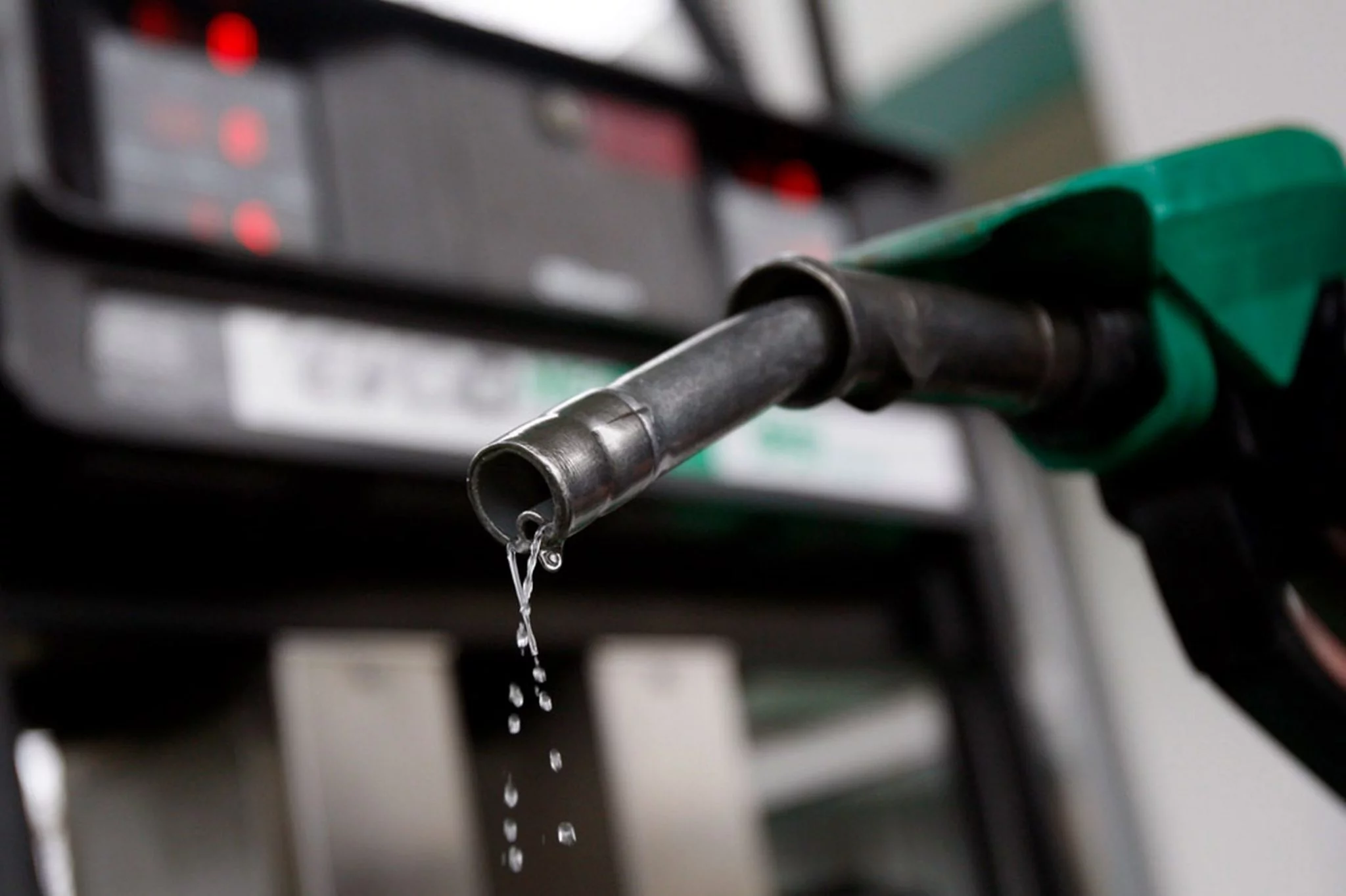Nigeria
Low Customer Turnout Hits Filling Stations, Say Petrol Marketers

Petrol marketers lament declining customer traffic at filling stations as high fuel costs continue to drive low patronage. Read more on the market impact and industry concerns.
With petrol prices exceeding ₦1,000 per litre at most filling stations across Nigeria, fuel marketers have expressed concerns about the decline in customer traffic at their retail locations nationwide.
The marketers announced that they are reducing their workforce and adjusting work shifts due to high costs and low return on investment.
Billy Gillis-Harry, the National President of the Petroleum Products Retail Outlets Owners Association of Nigeria (PETROAN), appeared on Channels Television’s The Morning Brief breakfast program this Monday.
The head of PETROAN appeared on the program alongside a representative from the Independent Petroleum Marketers Association of Nigeria (IPMAN).
Gillis-Harry commented, “Everyone in the industry—marketers, retail outlet owners—is struggling to adapt to the current situation. Just a few months back, we purchased 45,000 liters of fuel for under 8.5 million naira. Now? We are forced to spend approximately 49 million naira for the same amount.”
Financial institutions aren’t stepping in to help us. The cost of borrowing is extremely high, making it difficult even to sell our products, and what we manage to supply to retail outlets isn’t purchased quickly because Nigerians are also facing challenges with their purchasing power.
A collage of photos showing commuters stranded at bus stops in Lagos on Monday, October 31, 2022. Credit to @NigeriasToday
IPMAN spokesman Ukadike Chinedu commented that filling stations across the country have turned into ghost towns, as middle-class Nigerians are leaving their vehicles behind and opting for public transportation.
“The majority of our investment funds come from bank loans. With interest rates being high, we aren’t seeing returns on our investments because although increased sales lead to higher profits, the borrowing costs offset them,” Chinedu explained.
Currently, the volume of trade at filling stations is quite low due to changes in buyer behavior; many have switched from using their luxury V8 vehicles to opting for alternative modes of transportation.
“These days, if you visit some filling stations, you’ll notice that only a few cars are purchasing fuel—it’s more like ghost buying. Instead of focusing on scarcity as we did before, the conversation has shifted to differences in pricing.”
The two unions called on President Bola Tinubu to allocate ₦100 billion as a seed fund for oil marketers, similar to the support given to the aviation and agricultural sectors.
Nigerians are facing severe challenges due to skyrocketing food inflation and energy prices, which have increased fourfold in the past year under President Tinubu’s administration. The cost of petrol per litre has surged from under ₦200 to over ₦1,000. Many attribute these soaring living expenses affecting the middle class to two key policies: the removal of petrol subsidies and the unification of foreign exchange rates.
Citizens have organized two significant protests to express their grievances against the Tinubu administration, urging the All Progressives Congress (APC) government to reconsider its “reforms.” However, the current administration has maintained that these policies are essential and will not be undone.
